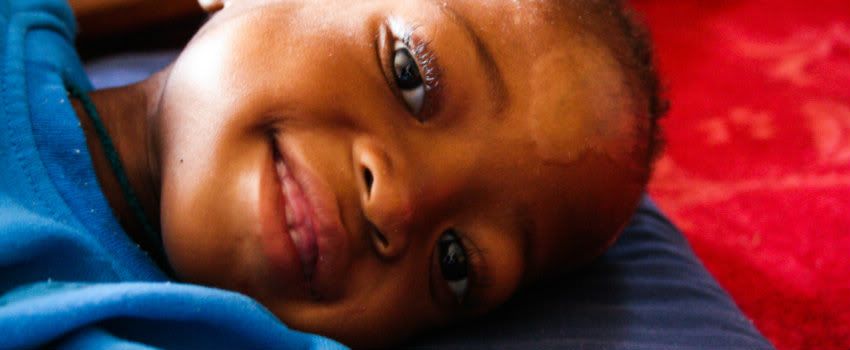It is interesting to celebrate a major holiday in another country, and impossible to refrain from noting the similarities and differences to the customs and celebrations I am familiar with in the U.S. I’ll share with you some of my observations:
Differences:
- Since Electricity is still somewhat of a novelty in Mokhotlong, you do not find the streets lined with lit trees or colorful electric displays of Santa and reindeer in people’s front yards. In fact, the lead up to the holiday seems almost nonexistent (from my isolated foreigner's perspective, anyway). Though opulent Christmas displays do usually get one in the Christmas spirit, I think America might place more importance on all that Christmas hype than the day itself so in some ways it is refreshing to experience a refined holiday - Christmas just as Christmas.
- Christmas Dinner.

Similarities:
- Basotho and Americans alike tend to leave Christmas shopping until the last minute. Rachel and I went to Pep (a store in Mokhotlong that sells… everything?) an hour before it closed on Christmas Eve to buy marshmallows for the aforementioned bonfire and had to stand in line for nearly a half an hour to get to the register! It was kind of a madhouse in there.
- Families in Lesotho love Christmas celebrations like the rest of us, and they splurge on Christmas also. They don’t have credit cards to max out at the mall though. Instead, they "dip into their savings" by using most of their food rations, namely maize meal, for Christmas celebrations. I have been told that this celebration makes January a particularly hungry month for many families here. TTL, thanks to generous donations made by local organizations, is giving families more food than is in their usual monthly package this December in hopes that giving food to use for Christmas celebrations will limit food shortages in January.















